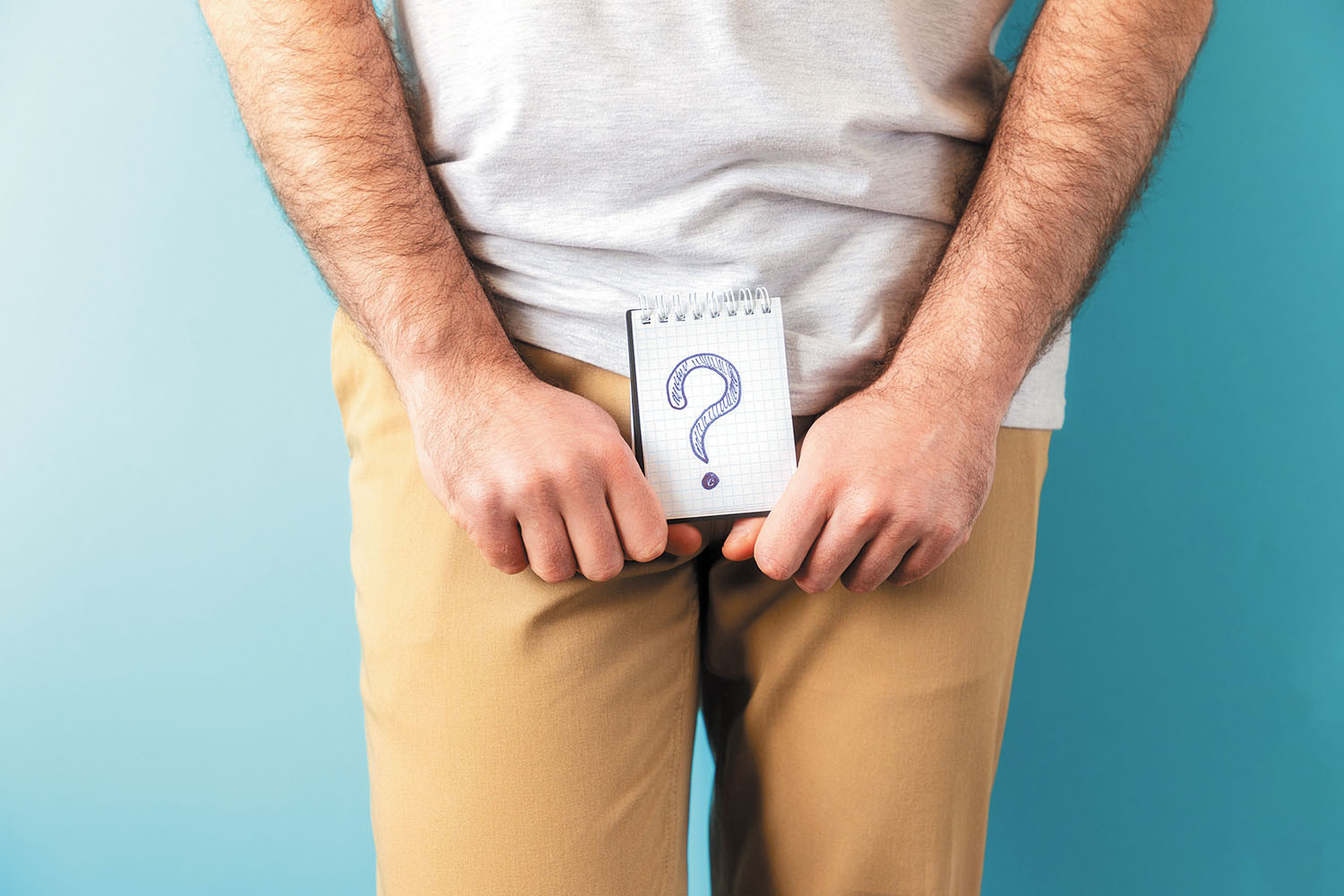
5 timeless habits for better health

What are the symptoms of prostate cancer?

Is your breakfast cereal healthy?

When pain signals an emergency: Symptoms you should never ignore

Does exercise give you energy?

Acupuncture for pain relief: How it works and what to expect

How to avoid jet lag: Tips for staying alert when you travel

Biofeedback therapy: How it works and how it can help relieve pain

Best vitamins and minerals for energy

Should you take probiotics with antibiotics?
Mental Health Archive
Articles
Discrimination at work is linked to high blood pressure
A new study finds that experiencing discrimination in the workplace—where many adults spend one-third of their time, on average—may be harmful to heart health.
A muscle-building obsession in boys: What to know and do
Muscle dysmorphia is a preoccupation with a muscular and lean physique that is more pervasive in boys. Learn the signs of body dysmorphia as well as ways to encourage positive body image.
Yoga: A flexible way to enhance heart health
Yoga has modest yet positive effects on several factors linked to cardiovascular health, including lower blood pressure and lower levels of harmful LDL cholesterol. The postures, breathing, and meditation practices inherent in yoga help cultivate the relaxation response, which trains the body to be less reactive during times of stress. People new to yoga should seek out a beginner, gentle, or chair yoga class, especially those who are over 65 or who have any medical conditions.
Talking with your doctor about ED
Many men are hesitant to talk with their doctor about erectile dysfunction (ED) or other sexual problems because they view these as purely a sex-related. But in many cases, ED is related to another issue like cardiovascular health, high blood pressure, mental health, or low testosterone. Once men understand that talking about their ED involves exploring other aspects of their health and is part of regular maintenance health care, it's easier for them to open up.
How to deal with grief
Grief can occur from the death of a family member or a friend, from a sudden change in health or lifestyle, or even after a traumatic event like a natural disaster or a mass shooting. No matter the source, grief can cause deep emotional and physical pain. Going through the grieving process is essential for healing. Certain strategies can support people along the way, such as reaching out to the deceased person's social circle, trying talk therapy, and exploring spirituality.
Junk food addiction more common in women
A 2022 nationally representative poll indicated that nearly one in five older women reported symptoms of addiction to highly processed foods and drinks over the prior year.
Invisible illness: More than meets the eye
Invisible illnesses, meaning those that aren't obvious to other people, affect an estimated 10% of the 61 million Americans who have a physical or mental condition that limits their movement or senses. Some people fear disclosing their invisible illness will make them seem incapable or entitled, but keeping illness secret can lead to isolation. People who decide to disclose their hidden illness should keep descriptions simple, point others toward reputable information, tell people how the illness limits them, and seek support.
The buddy system
Loneliness is one of the greatest health risks facing older adults. The antidote to loneliness is more social engagement. Developing new friendships and maintaining existing ones is one of the best ways for people to remain socially active. Recreating the environments and settings where men first built long-lasting friendships, like the workplace and sports, can help them find friends and expand their social circle.
Are you healthy enough to age in place?
There are many health-related requirements for living independently in older age. For example, one needs sharp thinking skills in order to manage medications, pay bills, choose clothes for the day, and select and buy groceries; and one needs strength, balance, and flexibility in order to get up from a chair, cook, or clean. People with weakening aspects of health should talk to a doctor for potential solutions to improve or cope with health challenges in order to continue living independently.
Slowing down racing thoughts
Everyone has moments when their brain feels like it's gone haywire. When these racing thoughts take over the mind can't stay focused, feeding into a cycle of anxiety. But there are things you can do to break this cycle and regain control.

5 timeless habits for better health

What are the symptoms of prostate cancer?

Is your breakfast cereal healthy?

When pain signals an emergency: Symptoms you should never ignore

Does exercise give you energy?

Acupuncture for pain relief: How it works and what to expect

How to avoid jet lag: Tips for staying alert when you travel

Biofeedback therapy: How it works and how it can help relieve pain

Best vitamins and minerals for energy

Should you take probiotics with antibiotics?
Free Healthbeat Signup
Get the latest in health news delivered to your inbox!
Sign Up











